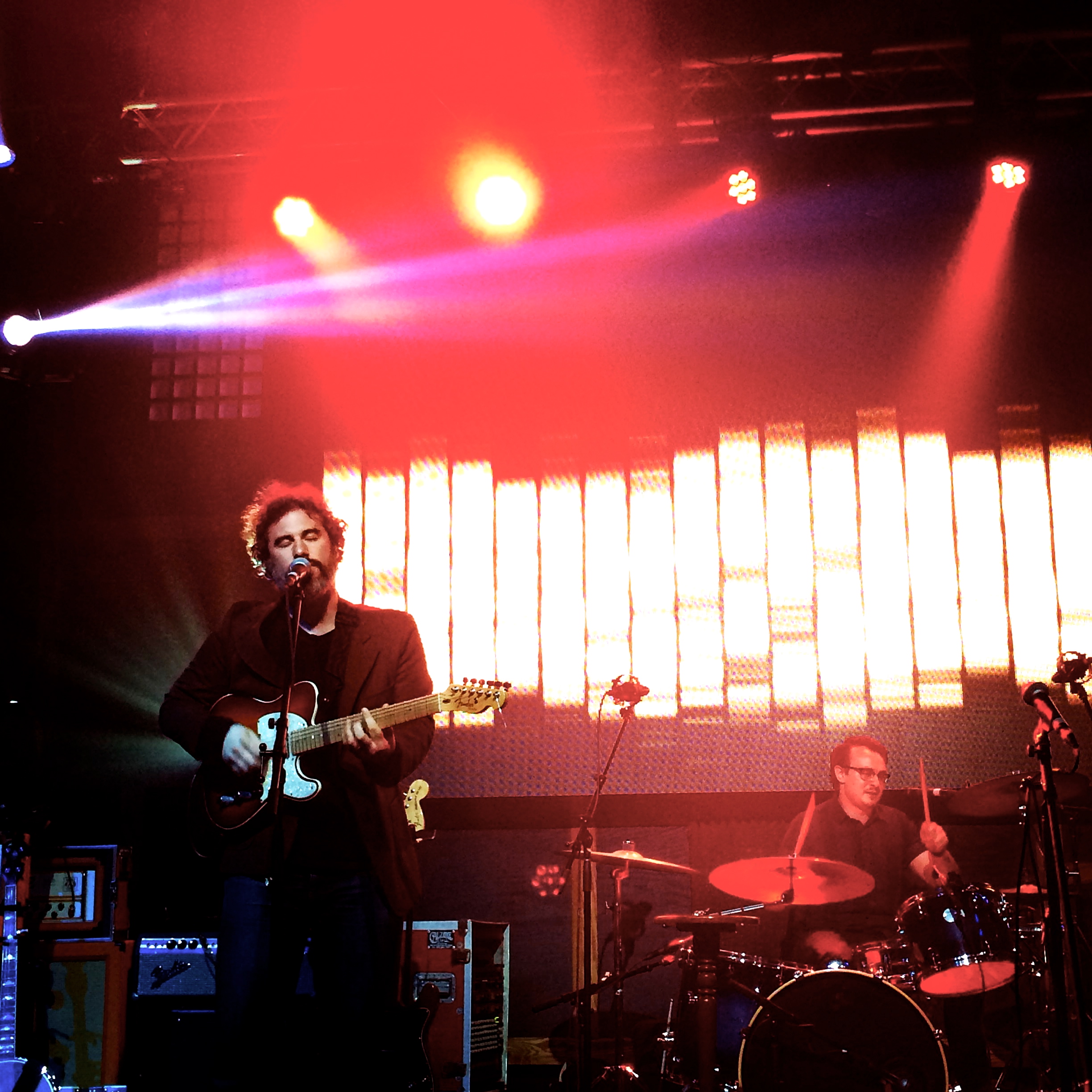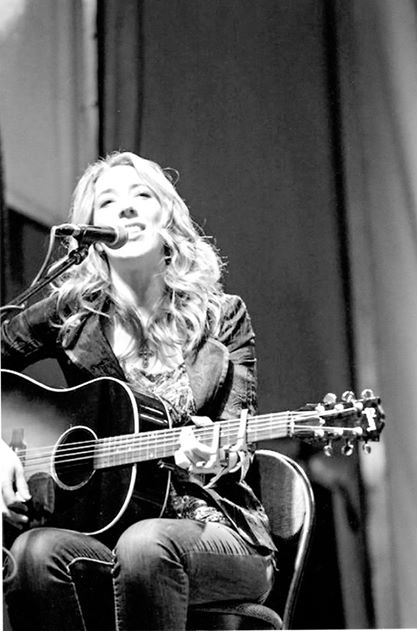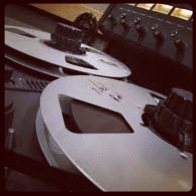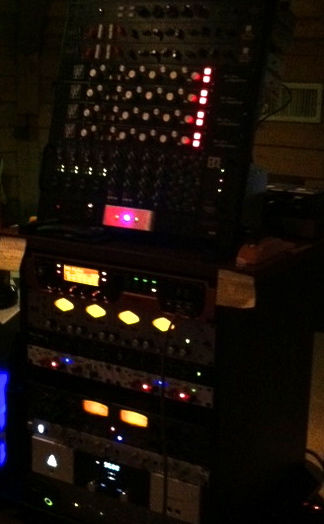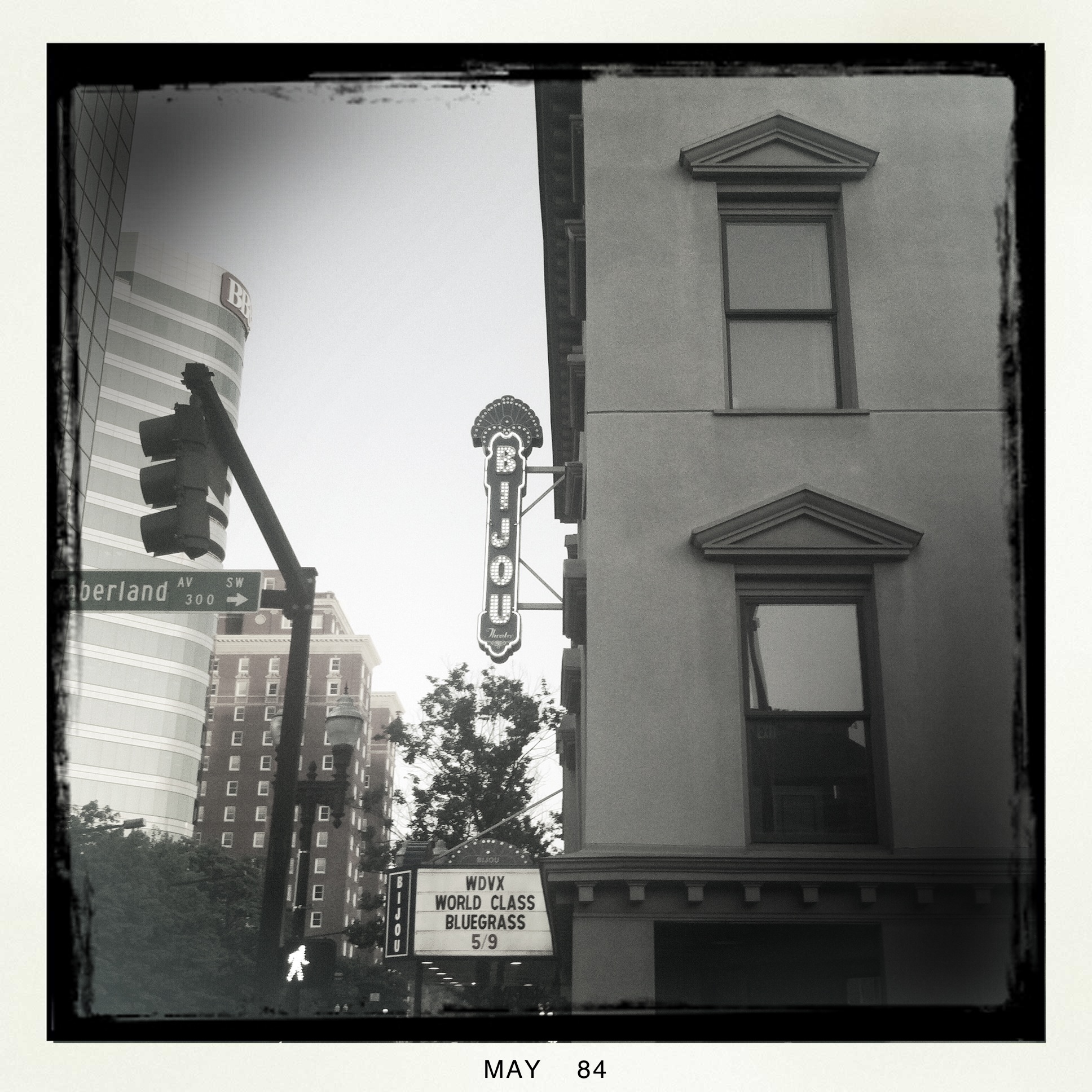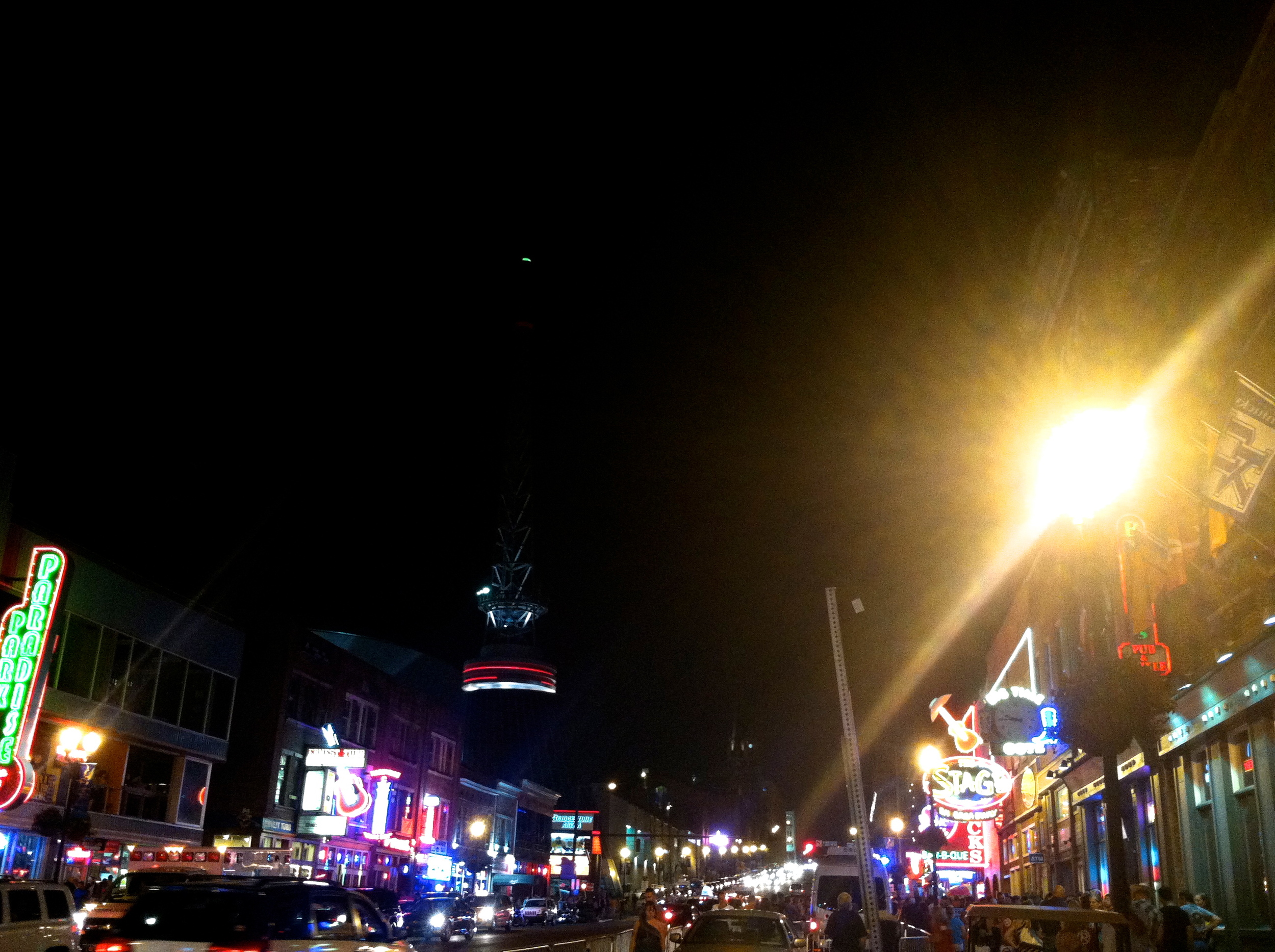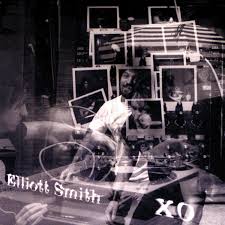Have you ever toured before or wanted to hit the road in a van, with your best buds, playing your music? Who wouldn't want to, right? A few weeks ago, my band went on a ten day tour, starting down south and eventually ending up north to play a festival set near my old stomping grounds of Ithaca NY. All in all, playing eight shows along the way. I thought I would share some thoughts on my experience, both anecdotal and practical. First, a brief background for those of you who don't know where I'm coming from. I spent the majority of my 20's, in a van touring with my best friends.

We lived together, worked together, partied together, did chores together, wrote together, and recorded together. We were, in some ways, living the dream. One day at a time, we were figuring out how to be professional musicians in a professionally touring band, playing original music. We hit the jam band circuit hard for years, playing well over 150 shows a year for the majority of our time together. That is a lot of days on the road, I don't care who you are. We sacrificed much of our personal lives for the greater good of the band, and for our shared vision of what we wanted out of life. I'm very proud of those days, and I don't regret a single moment. Being in that band taught me many many things.

But, like all things, everything comes to an end eventually. When we split up, we all went our different ways, and I, out of my creative restlessness started a new band called The Sound Awake a few years ago. In the time that has passed since my "touring as a living" days, I have gotten married, started a business, sold that business, moved to Nashville, and started my studio, and a new musical/professional life here in music city.... so this tour that I mentioned above, was really like a dipping of the toe back in the warm waters of the touring lifestyle. More than anything, I was curious to see how I handled everything... so here we go.

The Existential Experiment:
Playing music you write to a room full of enthusiastic people is really one of the greatest feelings I've ever experienced in my life. It is an experience that I would encourage anyone who writes their own music to aim for. The good news is it's a reachable goal. I didn't realize how much I missed the camaraderie of being in a band, hitting the road, and doing it together. There is a bond that gets formed, regardless of personal differences, or personality traits or whatever... it's unavoidable. You get tighter as people (sometimes this means you see both sides of people's humanity, the good and the bad), and tighter as a band. There is definitely a thing called "tour tight"... its kind of unexplainable, but after so many shows on the road, you all just gel better musically. We weren't out there quite long enough to get deep into that tightness, but it was there, lurking, and I could feel it. I wanted to drink it in more, I wanted to let that feeling wash over me more. I got a taste, and it was sweet. Touring is also an amazing social experiment, and way more times than naught, you get reminded of people's innate goodness. The kindness of strangers is a wonderful thing to behold. It is so easy to believe that the human race is going to hell in a hand basket, but when you get out there, meet people face to face, give them a genuine smile, you would be surprised at how many genuine smiles you get in return. Maybe that speaks more for the power of music, than anything else, but the fact remains, there are a lot of kind people out there who will offer you a couch to sleep on, buy a CD to support your dreams, cheer you on, buy you a beer, talk guitar tones, or lend you an amp if yours breaks. I could go on and on. Touring is also a great time to catch up with old friends that you don't get to see on the regular. It is truly one of the best things about being on the road. I would go through and name all my friends that I got to see and spend some quality time with this last time out, but there are too many to name. I miss them already. All in all, the tour was very successful. When we got up to upstate NY to play the Grass Roots Festival (which is attended by about 10k-15k people), we were in shape, and we brought our A game. Nothing compares to the roar of a crowd after a particular enthusiastic song or musical moment... and my end goal all along was to get that roar, and we did, more than once. I can't tell you exactly what it feels like to be the target of a crowds raging storm of energy, but it feels so good. Its a drug, and I want more of it.

I don't know what it would be like to do 150 dates a year again, and quite honetly, where I am in life, I would have to get paid way more than we did on this tour to consider doing it. I missed my wife, I missed sleeping in my bed. I didn't enjoy sleeping on couches quite as much as I used to remember. And I like my AC (sorry, it's true...). Touring is hard work. You drive all day, hurrying along the freeway, watching the mile markers count down, only to get to the venue to see there is no sound guy, or the bathroom doesn't have a door on it, or the PA that the venue said they have doesn't actually exist... or all of the above. If you are going to put yourself out there night in and night out, the one thing I would say, is that the music has to be the life blood, it has to be the source and the purpose, it has to be the thing that gets you off the most. And you have to believe in it, more than you believe in anything else, at least for the moment. So, if you're still into it, here are some very practical thoughts I can share with you on the my experience.
Shut up and Play: I'll keep this pretty straight forward.
Start booking the tour at least four months in advance. If you're booking yourself, it takes more time than usual to get all the ducks in a row, line up the routing properly, and make as much of a promotional splash in the market as you can before the concert date.

It's up to you to get people through the door, and once they are there, to keep them there. I don't buy that it is only the clubs or promoters responsibility for the success of the show. We, as artists, are in charge of our carriers, not the venue. That being said, usually when venues see that you are working hard to promote a show, they will get on board and pick up the slack on their end too. A win win is what we are all aiming for, after all.
Advance the show! At least once, if not twice. Go over all the details with the talent buyer at least a month before the show. This can clear up any little hang ups, and make sure that communication is clean and obvious. This will ensure that you have little to no headaches on the road, it will help you rest easier knowing that all the t's and i's are crossed and dotted. Ultimately allowing you to concentrate on the music and relationships that can form while on the road.

The music comes first. Don't drink too much, serisouly. Don't overdue the excesses, because it will be easy to. When I was on the road this last time, I started smoking again (why oh why! after months of successfully quitting)... why? because I'm human, and thought I could handle the temptation. Beware, is all I have to say. Have a good time, but music first, and music last. (I am now more than a week quit again, thank you very much... get back on that horse!)
Appreciate your band mates, you are all in it together. You are a team. If someone is in a bad mood, it doesn't hurt to give them space. Don't take everything to heart, people are people, love them for who they are and where they are in their own personal journey. As long as everyone is treating the music with the respect it deserves (see above), all will be good.

Don't be afraid to warm up! In the van, in the green room, wherever. What ever you can do to make the show a better experience. Warm those pipes, warm those fingers, and don't be embarrassed about it.
You are there to provide entertainment. Read the room, it might not be a great time to take a set break after playing your second ballad in a row. You will get booked again if you keep people in the room, buying drinks. Unless your touring larger venues, and drawing hundreds of people, know that the one thing that will help you achieve your goals is to get rebooked, and get playing for more people next time. The people that were there had such a great time listening to you that they tell their friends, buy your merch, sign your mailing list and spread your gospel.
Have a mailing list. Have your merch table in a well lit and obvious place. Seems like a no brainer right? Bring a light, bring a cool table cloth or patchwork blanket to lay down... anything to make your products/merch look cooler, or more professional.
Know that nothing is perfect. There is no such thing as a perfect tour. Have a a does of thick skin, if the promoter or bartender is being a total jerk, walk away respectfully. If the show is poorly attended, play your ass off regardless. Touring has its limitations, enjoy it for what it is and know that doing your best is all you really can do at the end of the day.
A big thank you to Kevin and Russ, bass and drums extraordinaire, you guys are the rock to my rock n roll. Thanks for making the tour possible. #tsatour
What are some lessons you've learned from touring? What about touring most excites you? Share you thoughts, we would love to hear them!

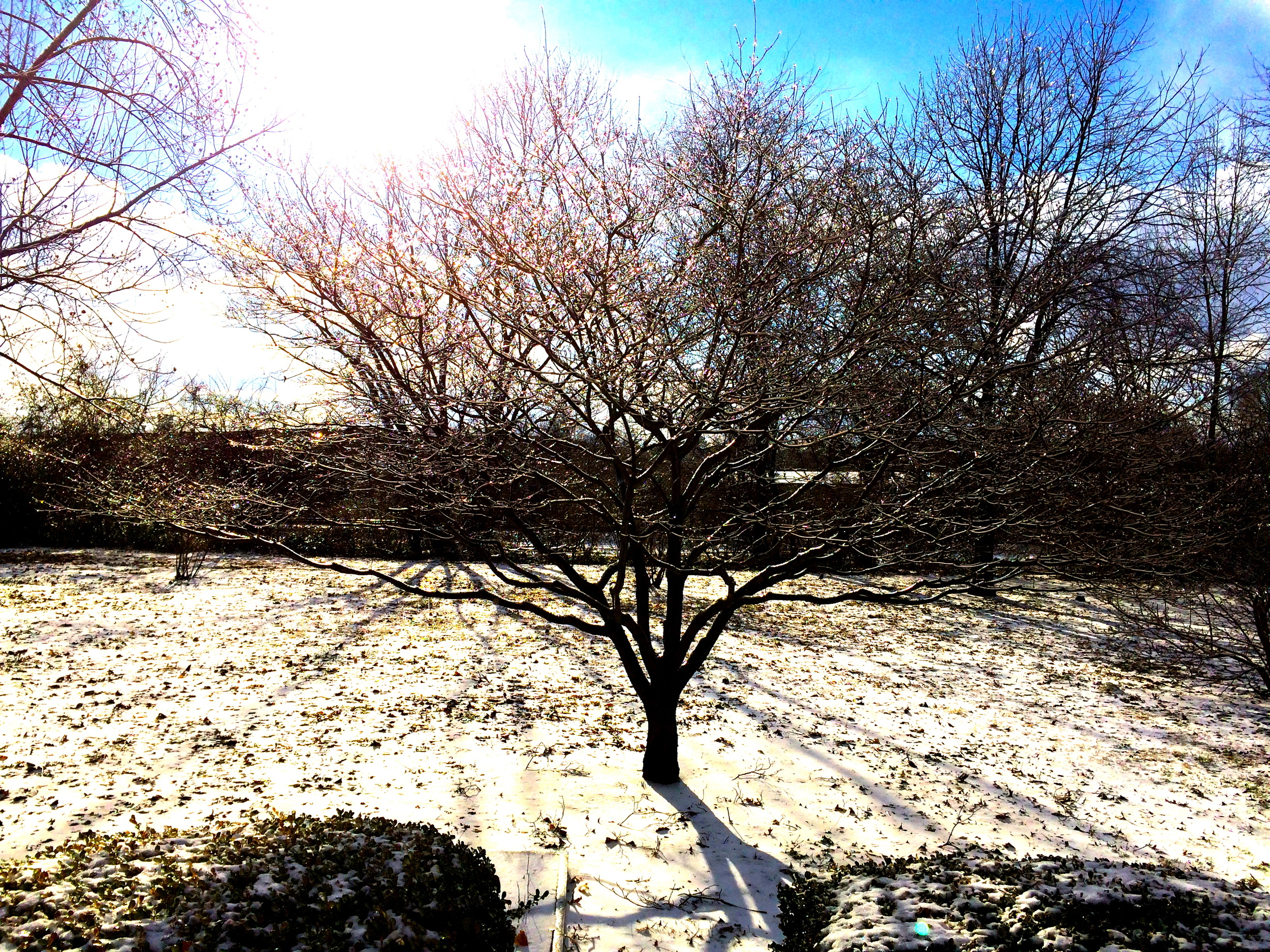 Experience, learn, always laugh, sometimes cry, repeat.
Experience, learn, always laugh, sometimes cry, repeat.